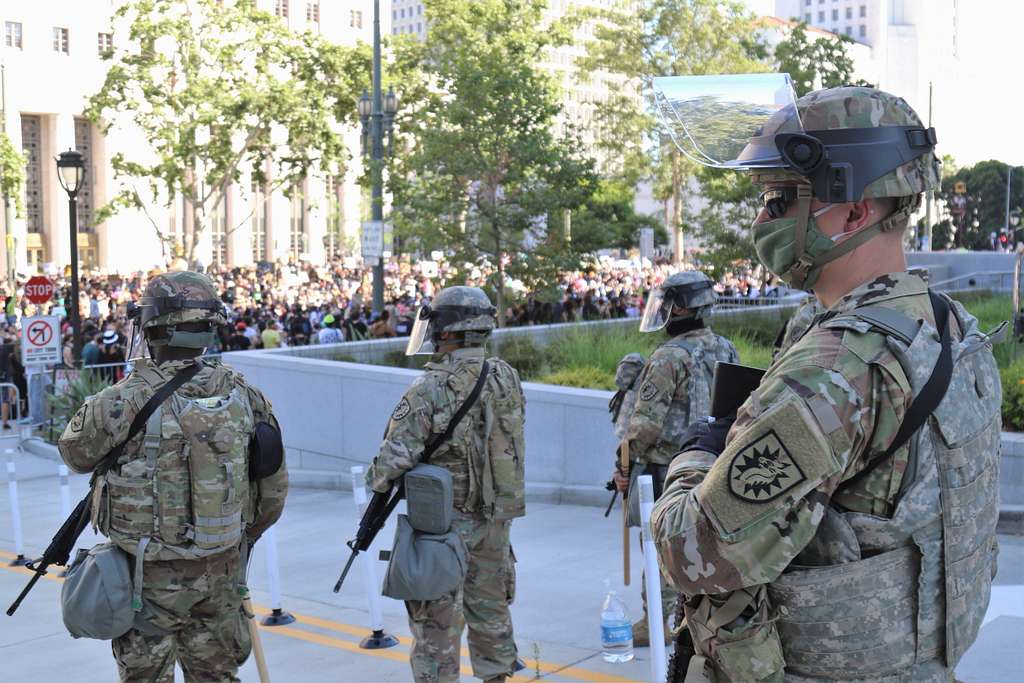Image From Creative Commons
In the past year, NC State has added embedded counselors for each college of study. These counselors work with students in their specific college, giving students easier access to counseling services. Their offices are located within their college’s buildings, closer to the students’ classes than the Counseling Center itself. The embedded counselors offer group, individual and drop-in counseling, in addition to other services.
NC State first implemented this new counseling program in the College of Veterinary Medicine and the Athletics Department. The distance from the departments and the Counseling Center and scheduling problems led to their implementation. This mental health service expansion happened in response to the 14 student deaths by suicide that happened at NC State during the 2022-2023 school year.
Other large institutions, including Ohio State University and the University of Iowa, also put these resources into place. Studies have shown embedded counseling to be effective in encouraging students to seek treatment on campus by making resources easier to access.
Counselors were one recommendation given to NC State by the Student Mental Health Task Force. This task force was also created in response to the student deaths that occurred during the Fall 2023 semester and it was assigned to review the current mental health resources available on campus and recommend further actions.
NC State released the task force’s recommendations to the public on Feb. 21. The recommendations focused on changing policies, and improving campus culture.
Dr. Lisa Zapata, a senior associate vice chancellor at NC State and co-chair of the Student Mental Health Task Force, said, “We’re doing all kinds of things based on the mental health task force recommendations. So we have taken all those recommendations, and we’ve created implementation teams to look at the recommendations.”
The primary goal of the task force is to make mental health resources more accessible, regardless of a student’s situation. “So the whole idea of the embedded clinicians is to try to make it as easy as possible for students to meet with a clinician,” Zapata said.
When it comes to what they look for in the embedded counselors, Zapata said, “We have multi-disciplined clinicians. So, what that means is we hire psychologists, we hire social workers, we hire licensed clinical mental health counselors. So, there’s not one profession that we seek out as it’s all the different disciplines, and also psychiatrists. And we feel like that really brings a richness to our counseling center because it’s multi-disciplined.”
Outside of those factors, Zapata said, “We’re looking for people that we think are caring and compassionate and know the issues that students are facing somebody that wants to be here at NC State and wants to help students.”
Also, these clinicians are able to meet the specific needs that may come with the students in each college. “The clinician that’s embedded in a college, they get to know the college, they get to know the culture, they get to know the expectations and so we feel like it might be just a really great experience for students to see a clinician within their college,” Zapata said.
Apart from the embedded counselors, there are several other options for students seeking counseling. The Counseling Center, located in the Student Health building, is still an option, along with the new embedded counselors.
In 2022, NC State announced a partnership with AcademicLiveCare, a telehealth counseling company. This deal gives all current NC State students 12 free telehealth counseling appointments through the service in the calendar year.
Two more counseling options are Togetherall, an online peer support community that’s moderated by mental health professionals, and Headspace, a wellness app focusing on mindfulness techniques. Both services are free to NC State students, with Headspace’s premium membership being free on a first-come, first-served basis.
All these options are meant to help students, regardless of their situation, comfortably access resources to fit their needs. “The whole idea is to meet students where they are,” Zapata said.
Zapata said all these options act like a “continuum” that can meet most students’ needs. “One option is a student can go to the counseling center and have an appointment with a counselor or do group counseling or something like that. If that’s not super convenient, they could go see an embedded clinician within the college, if they’re not comfortable doing either one of those things and they don’t want to have a one on one appointment, we have telehealth available,” she said.
Essentially, even if a student is uncomfortable with one or more of the options available, NC State University hopes another option will appeal to them.
“One option is a student can go to the counseling center and have an appointment with a counselor or do group counseling or something like that. If that’s not super convenient, they could go see an embedded clinician within the college, if they’re not comfortable doing either one of those things and they don’t want to have a one on one appointment, we have telehealth available,” she said.
The goal was to account for every type of student and what they need. “We’ve got resources, kind of all different levels and all different comfort zones. So whenever a student is seeking help, they can kind of plug-in where they’re comfortable,” Zapata said.
NC State is still working on implementing recommendations made by the Mental Health Task Force. “We’re slowly but surely tackling all of those different recommendations, or we’re seeing if they’re feasible,” Zapata said.
NC State also made changes to its online mental health media resources. Zapata further explained this by stating, “We’ve completely revised the Counseling Center website, we created a one-stop website for all things wellness. So if you go to wellness.ncsu.edu, it’s got anything you ever want to know about wellness and the support that we have on campus.”
Students can find their college’s embedded counselor on the NC State counseling website’s embedded counseling page by clicking on their college. Beginning Nov. 19, students in the College of Education and the College of Natural Resources can begin meeting with their embedded counselor. Students in other colleges of study can sign up for appointments with their counselor now.
If you or someone you know are having a mental health crisis, you can call the NC State Crisis Hotline at 919-515-2143







